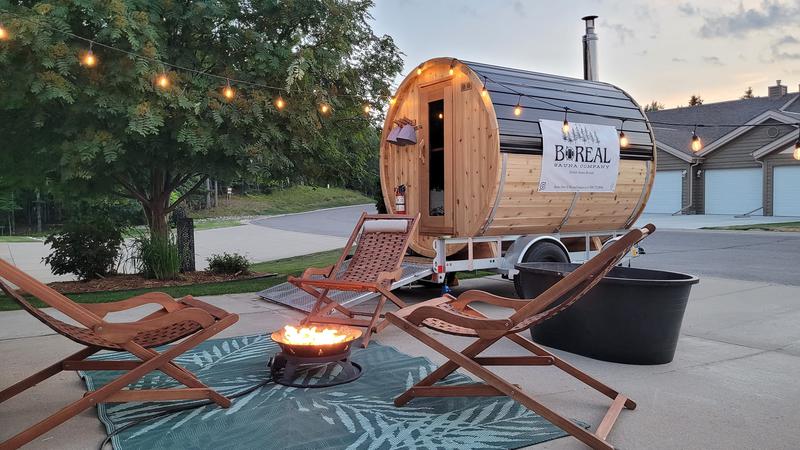
‘It’s hard to forget’: Residential School survivors share stories during event in Ahtahkakoop
For many in the community of Ahtahkakoop Cree Nation, the stories of Canada’s Residential Schools are only heard through news and conversations with relatives.
For others, however, they are solid memories, still too painful to remember and etched into their past.
Despite the hardships of the past, some in the First Nation near Canwood took an opportunity to share those stories in the hopes the younger generation will never forget them.
The community held a number of events on Thursday as its way to mark the National Day for Truth and Reconciliation.



